Lifelong learning is a topic discussed a lot, but it has partially remained just a phrase. Continuous learning and retraining, in turn, are pursued by those who are already highly educated. For example, 80 per cent of the students enrolled in the online university Coursera already have a degree. How can learning new things and updating old skills throughout a lifetime become a part of everyone’s life, irrespective of the level of education? Do we need lifelong compulsory education?
The Basic Education Act (link in Finnish) stipulates that compulsory education begins in the year a child turns seven and ends once the curriculum has been completed or 10 years after the start of compulsory education. However, it cannot be assumed that the educational fruits accumulated early in life will necessarily carry a person throughout a lifetime, as we live increasingly longer, change jobs more frequently and try to navigate a world characterised by increasingly intensive technological advancement and expanding globalisation. The Foundation for Young Australians, for example, urges young people to prepare for a working life that may include five changes of industry and 17 different jobs (link in Finnish).
PIAAC is a PISA-type analysis of the reading abilities, numeracy skills and problem-solving skills in technology-rich environments of those aged between 16 and 65. Finland does excellently in the study, conducted in 33 countries, and is ranked second overall behind Sweden. However, it is notable that the difference between the results of young people (16-24) and seniors (55-65) was one of the greatest in the entire study. This is important, because adults who have poor reading skills are nearly twice as likely to say that they suffer from poor health than those who have good reading skills. In order for people to keep up with the development of society and feel that they enjoy good well-being and are capable, continuous learning and education must continue throughout a lifetime, including during retirement.
Longer life expectancies increase the need to learn
The British think thank Nesta’s report, Five hours a day – Systemic innovation for an ageing population, concludes that our life expectancy is increasing approximately five hours a day, on average. This surprising figure is the result of better healthcare and a safer environment. The figure should revolutionise our perception of ageing, learning and updating skills.
A longer life means new opportunities to enjoy life (although it is also true that the amount of time spent ill is also likely to be longer), writes Geoff Mulgan in the introduction to the report. It also means the end of what sociologist Michael Young has called chronologicalism. This means that the concept of everything – from education, through work and into retirement –being determined by the chronological progression of a person’s age is crumbling. This results in high expectations for renewing know-how as life becomes longer, including dealing with the transition from one profession or job to another, re-education and caring for loved ones.
It is rare to find good examples of countries where lifelong learning is supported on a national level, writes The Economist. SkillsFuture in Singapore is an exception (see Ten fascinating initiatives in the field of work and income, link in Finnish). The programme aims to offer every Singaporean the opportunity to develop their skills throughout their lives regardless of the situation they may be in at any given time. SkillsFuture is a shared programme developed by the government and private companies in Singapore, which aims to foster and develop an innovation culture. The programme is also based on the premise that the skills of current employees do not match the needs required today or in the future.
SkillsFuture offers training, courses, education and career counselling and different types of financial incentives, including an annual education voucher. The voucher is worth approximately 300 euros and can be used for all sorts of courses. During the first year (2016), 126,000 Singaporeans used the SkillsFuture education voucher and 69,000 accepted support granted for course fees. Employers in Singapore are asked to describe the changes they expect to see in their industries within the next three to five years and to identify the skills that employees need to meet the resulting challenges. The responses are used to create industry-specific “maps” to provide guidance to people.
“SkillsFuture has successfully changed the ways of thinking about continuous re-education,” Ng Cher Pong, Managing Director of SkillsFuture, told The Economist in January 2017. If an initiative like SkillsFuture were to be launched in Finland, what would its goals be, what would be its platform and what types of skills would it aim for?
The four goals of lifelong compulsory education
The following passage is from the general section of the new Finnish national curriculum, (link in Finnish) effective from autumn 2016, and sums up the aims of education in Finland:
Basic education supports a student’s growth as a person, which is defined by an aspiration to be truthful and good and to seek beauty, justice and peace. With human growth, the conflicts between the goals and the prevailing reality are inevitable. Being educated includes learning to address those conflicts ethically and with compassion, coupled with the courage to stand up for what is good. Basic education is built on the respect for life and human rights. It guides people to defend them and to respect human dignity. Basic education promotes well-being, democracy and being active in a civil society.
It is easy to spend a lifetime working to achieve these goals and the text could just as well be applicable to adults, and not just children in basic education. In order for us to be able to address difficult major challenges such as climate change or increasing inequality, the skills to both adapt one’s learning and to influence one’s operational environment are needed. Compulsory education across a lifetime could set out the following aims.
- An ability to perform in an uncertain or unexpected situation.
- An ability to see the overall picture and combine information.
- Influencing skills
- Self-knowledge and emotional skills.
An ability to perform in an uncertain or expected situation is an increasingly important skill in a world with wicked problems. Uncertain, unexpected or complex situations also often include lots of opportunities. They can provide inspiration and even empowerment. The ability to imagine different solutions and paths for development in one’s personal life helps one realise that a single event does not have to define the rest of one’s life.
On the ability to see the the overall picture and combine information, researcher E. O. Wilson has narrowed down our relationship to information and its quantity in an excellent fashion:
We are drowning in information, but yearn for wisdom. Therefore, the world will be led by those who create syntheses, those who are able to compile the correct information at precisely the right moment while thinking critically and making important decisions wisely.
Many people use their smartphone to access and read interesting news stories or articles, or even save them to be read later. This may well be educational, but it is often missing the common thread. How are things connected to one another? Understanding interdependencies and bigger pictures is becoming increasingly important in an interdependent world where everything affects everything. The ability to make good use of information is maybe even more important than knowing the information.
The world-renowned historian Yuval Noah Harari talks about his information search methods in an article in The Guardian:
I read a lot of books about many different topics. I usually start with a big question I am interested in. For example, are people happier today than before and why have men dominated over women in most societies? Then I follow my question in my information search without really trying to reinforce my own response to the question. I do this even if it means that I am unable to produce a solid theory.
Influencing skills are important in the face of the interdependencies of global challenges. What happens in the Amazonian rainforests, for example, has an effect on us, at least indirectly. Knowledge is needed on what challenges are local, national and global, on how these challenges affect one another and on what tools need to be identified on each level and in each complex environment to address these challenges. The belief that one can grow and develop and that there is the self-potential to do many different things and influence goes a long way, and is a central component of influencing skills.
Emeritus professor at the London School of Economics, Richard Layard, has produced research results that indicate that the best predictor of a happy adult life is a child’s emotional health and psychological well-being, meaning its self-knowledge and emotional skills. The next most significant factor is social behaviour, with academic success the least important. Therefore, human happiness is increased by good mental health and the ability to create good social relationships. Academic or career success is not a guarantee of either of these factors. Rather, it is more likely that mental well-being and good social relationships improve success in education and employment.
Other sources
Wilson E. (1999), Consilience: The Unity of Knowledge, Vintage, New York, p. 294.
Kiiski-Kataja E. (2016), “Megatrends 2016 – The future happens now”, Sitra memorandum.


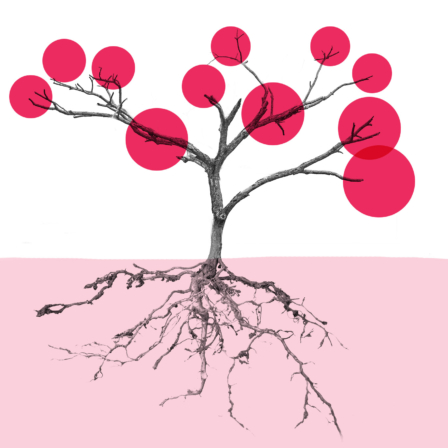
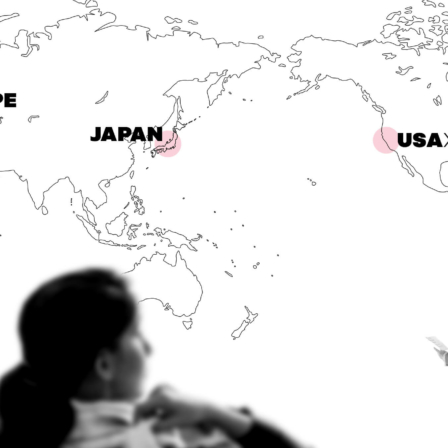
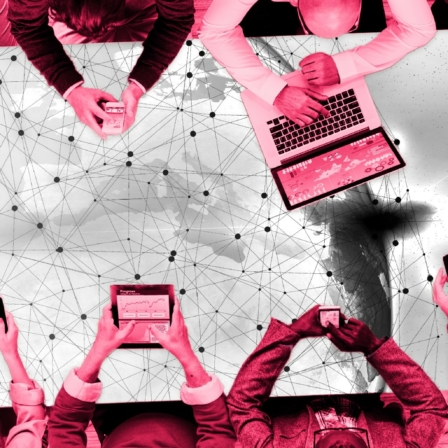
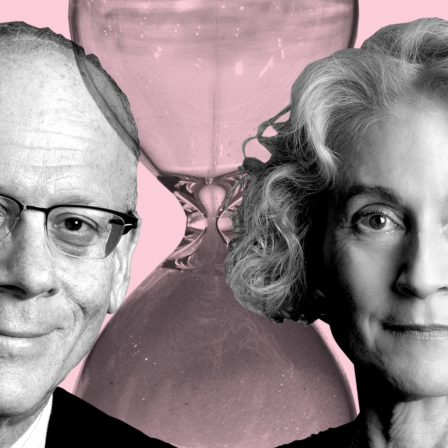

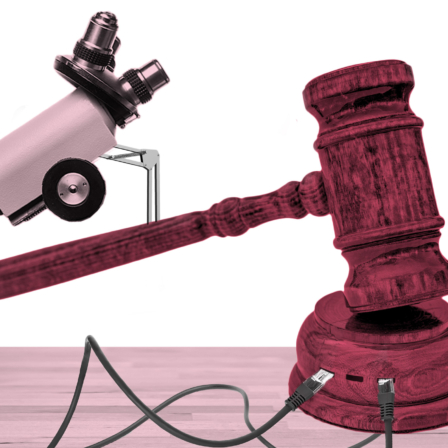






Other articles
Share these too.